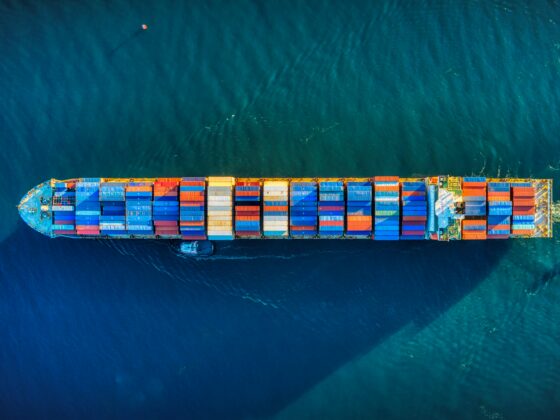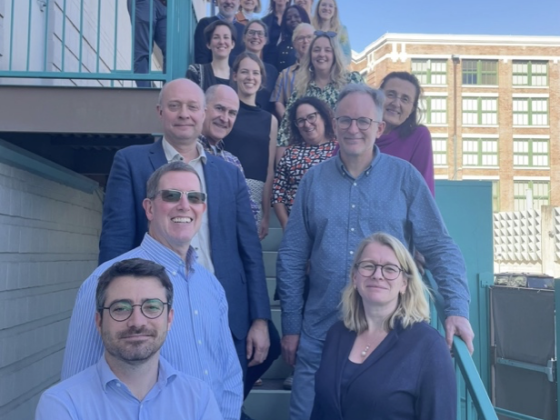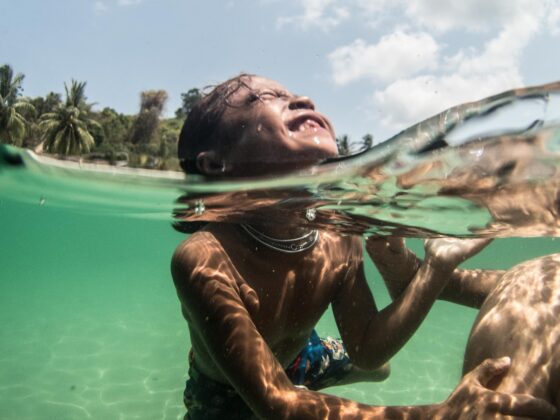In the pursuit of advancing our understanding of the ocean, we face a crucial challenge to facilitate equitable access to ocean skills, knowledge, and technology. Challenge 9 “Skills, knowledge, and technology for all” of the United Nations Decade of Ocean Science for Sustainable Development 2021-2030 (‘Ocean Decade’) stands as a commitment to ensure comprehensive capacity development and equitable access to these resources across all facets of ocean science.
Currently, global disparities persist among nations, with technical infrastructure and capacities concentrated in the Global North. Additionally, there are significant variations in age and gender representation, with only an average of 38% of women involved in the field of ocean science.
The Ocean Decade recognizes these imbalances and the hindrance they pose to scientific progress and the equitable distribution of benefits derived from the ocean. With the aim of addressing these disparities systematically, Ocean Decade Challenge 9 strives to fill the gaps in ocean science recognition, representation, and resource distribution worldwide.
Established within the context of the Vision 2030 process, Working Group 9 is crafting a targeted and strategic ambition for Challenge 9. It is led by co-chairs Brian Arbic, Professor of Physical Oceanography at the University of Michigan, USA, and Edem Mahu, Senior Lecturer of Marine Geochemistry at the University of Ghana, who bring a wealth of experience and research expertise from their fields.
Brian Arbic specializes in supercomputer modeling of oceanic flows to provide valuable information about the ocean’s layers and movements. Edem Mahu’s research encompasses a wide range of areas including past climate reconstruction, coastal upwelling, ocean productivity and nutrient dynamics, pollution of coastal systems, ocean acidification, and nature-based solutions for coastal hazard mitigation. She also leads the BIOTTA project (Building Capacity in Ocean Acidification in the Gulf of Guinea), which coordinates effort in ocean acidification monitoring.
To advance ocean science in West Africa, the two co-chairs jointly lead the annually-held Coastal Ocean Environment Summer School in Nigeria and Ghana, aimed at building capacity in oceanographic and environmental sciences.
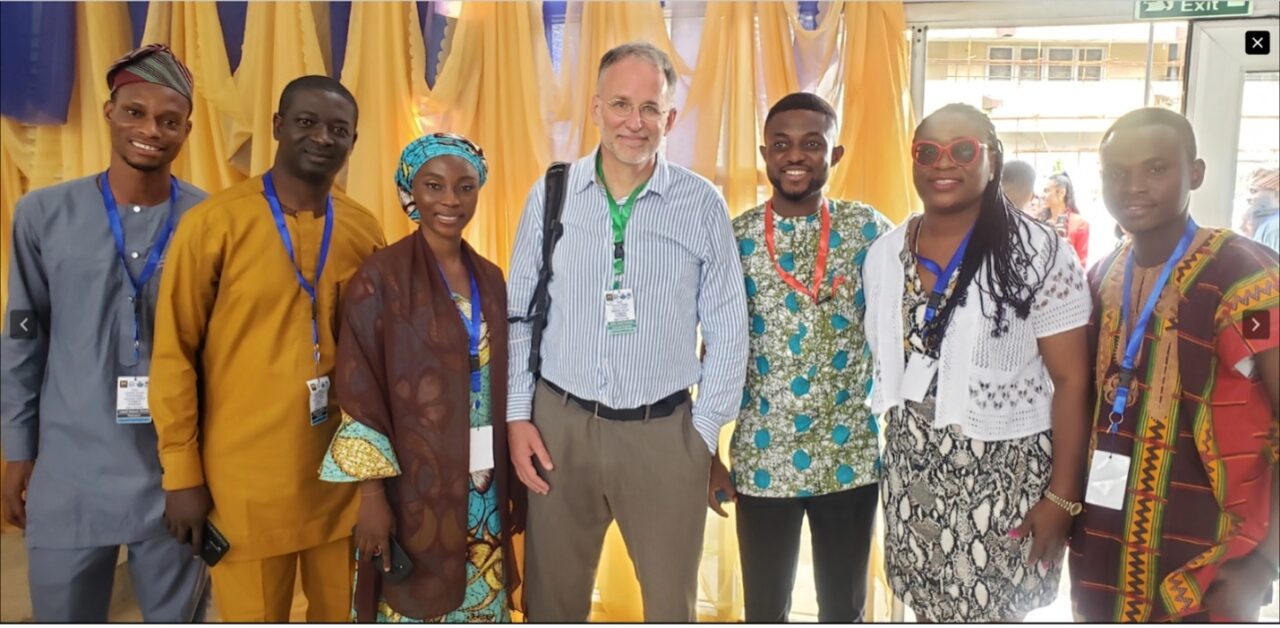
Under their guidance, Working Group 9 endeavors to promote international and interdisciplinary collaboration, equitable knowledge sharing, open data policies, and inclusive capacity-building initiatives to ensure that the benefits of ocean science are equally accessible around the globe.
Emphasizing the foundational and interconnected nature of Challenge 9, Brian Arbic said: “Distributing more widely the resources required for high-quality ocean research will make it easier to address all other Ocean Decade Challenges.”
After a year-long collaborative work, the Group has identified the key components of success for Challenge 9 on the road to 2030. Among them, the proportionate and broad distribution of ocean capacity, a more diverse and inclusive community of ocean scientists, as well as increasing equitable funding and educational opportunities. These elements will pave the way for a balanced and sustainable approach to global ocean science that leaves no one behind and recognizes different forms of knowledge.
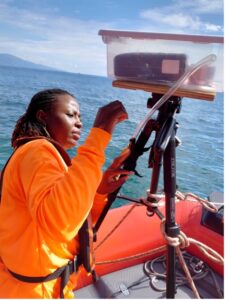
Edem Mahu, Senior Lecturer of Marine Geochemistry at the University of Ghana.
“Challenge 9 is a critical step in the Ocean Decade, as it provides equal opportunities for all, irrespective of geography, gender, or generation, to participate equally and effectively in ocean science without any barriers or limitations,” explained Edem Mahu.
In this context, Working Group 9 promotes a more inclusive community of ocean professionals engaged in natural science research and human-ocean interactions. It also underscores the need for more targeted Decade Actions that address inequalities in ocean science capacity, calling for increased collaboration between the Challenges to amplify their collective impact.
The call for action is clear – the collective efforts and commitments of the global community are imperative in confronting disparities in ocean science. On the path to 2030, our aspiration is to achieve equitable sharing of ocean resources through access to knowledge, skills, and technology in every corner of the world.
The Ocean Decade transformative journey to 2030
Between 22 一月 and 22 2月 2024, the global ocean community participated in the review process of the white papers developed by the 10 Working Groups of Vision 2030.
The final draft versions will be presented and debated during ‘Session 4 – An Inspiring and Engaging Ocean for All’ on 10:00-11:00 on 12 4月 at the 2024 Ocean Decade Conference in Barcelona, a pivotal event for the Vision 2030 process. The public will be able to follow the session via livestream; the link will be available soon.
The outcomes of discussions will feed into the final version of the documents.
ワーキンググループ9 、ビジョン2030 プロセスについての詳細はこちらをご覧ください。
詳細は下記まで:
ビジョン2030チーム(vision2030@unesco.org)
***
海の10年」について。
2017年に国連総会で宣言された「持続可能な開発のための国連海洋科学の10年」(2021-2030年)(以下、「海洋の10年」)は、海洋科学と知識の生成を刺激して、海洋システムの状態の低下を逆転させ、この巨大な海洋生態系の持続可能な開発のための新たな機会を触媒することを目指しています。海洋の10年」のビジョンは、「私たちが望む海洋のために必要な科学」です。海洋の10年」は、様々な分野の科学者やステークホルダーが、海洋科学の進歩を加速して利用し、海洋システムの理解を深め、2030年アジェンダを達成するための科学的根拠に基づく解決策を提供するために必要な科学的知識とパートナーシップを構築するための招集の枠組みを提供します。国連総会は、ユネスコの政府間海洋学委員会(IOC)に「10年」の準備と実施の調整を委任しました。
IOC/UNESCOについて。
ユネスコ政府間海洋学委員会(IOC/UNESCO)は、海洋、沿岸、海洋資源の管理を向上させるため、海洋科学における国際協力を推進しています。IOCは、能力開発、海洋観測とサービス、海洋科学、津波警報のプログラムを調整することによって、150の加盟国が協力することを可能にしています。IOCの活動は、経済と社会の進歩、平和と持続可能な開発の基礎となる知識と能力を開発するために、科学とその応用の発展を促進するというユネスコの使命に貢献しているのです。
